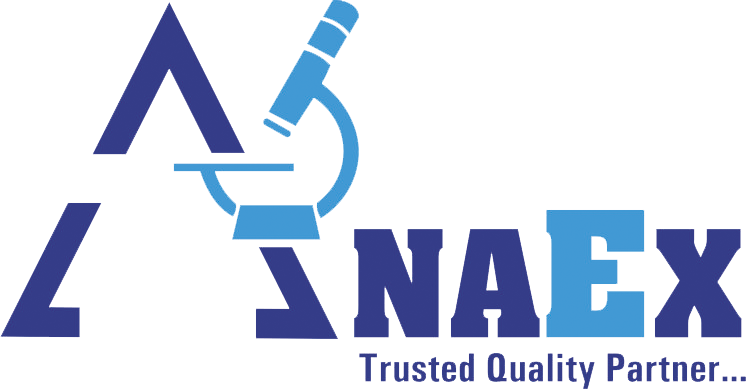Careers
join us today
the right place for you
Laboratory and Research Careers
- Laboratory Technician: Conducts experiments, collects data, and maintains lab equipment. Often requires a degree in a relevant science.
- Research Scientist: Engages in scientific research, developing new products or knowledge. Advanced degrees (Master’s or PhD) are usually required.
- Quality Control Analyst: Ensures products meet quality standards through testing and analysis. A background in chemistry or biology is beneficial.
Healthcare Careers
- Clinical Laboratory Scientist: Performs tests on biological samples to diagnose diseases. Requires certification and often a bachelor’s degree in medical technology.
- Pharmaceutical Sales Representative: Promotes and sells medications to healthcare professionals. Strong communication and sales skills are essential.
- Public Health Specialist: Works on community health issues, focusing on disease prevention and health promotion. Typically requires a degree in public health or a related field.
job opportunities
Engineering and Technology Careers
Biomedical Engineer
Designs and develops medical devices and technologies. Requires an engineering degree, often with a focus on biomedical applications.
Data Analyst
Analyzes data to help organizations make informed decisions. Proficiency in statistical software and data visualization tools is important.
Quality Assurance Engineer
Ensures products meet specifications through testing and process evaluation. Requires knowledge of quality standards and engineering principles.
Educator/Trainer
Teaches or trains individuals in specific subjects or skills, often requiring teaching credentials or expertise in the subject area.
Instructional Designer
Develops educational programs and materials. Experience in educational technology and curriculum design is beneficial.
Corporate Trainer
Conducts training programs for employees in various organizations, focusing on skill development and compliance.
Discover Your Potential
Regulatory and Compliance Careers
Regulatory Affairs Specialist
Ensures that companies comply with regulations and laws governing their products, particularly in pharmaceuticals and healthcare.
Quality Manager
Oversees quality assurance processes within an organization, often requiring experience in quality management systems.
Environmental Scientist
Studies and develops solutions to environmental issues, requiring a background in environmental science or related fields.
Sustainability Consultant
Advises organizations on sustainable practices and environmental responsibility, often needing expertise in environmental policy or business.
Skills and Qualifications
Technical Skills
Depending on the career path, proficiency in specific software, laboratory techniques, or engineering principles may be required.
Soft Skills
Strong communication, problem-solving, and analytical skills are essential across most careers.
Education
Most specialized roles require relevant degrees, certifications, or licenses, so continuous education is important.
